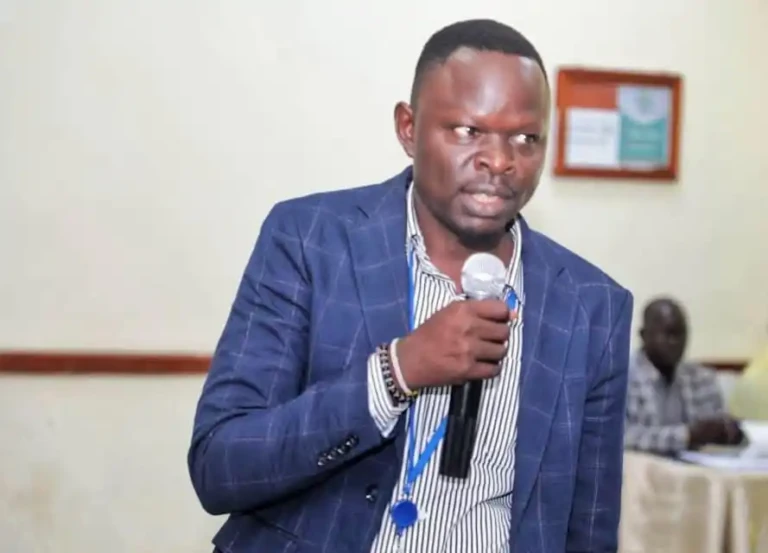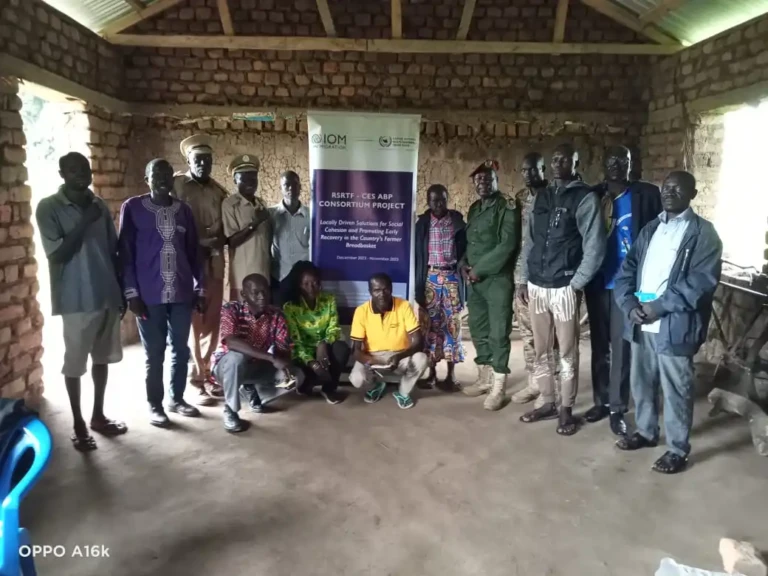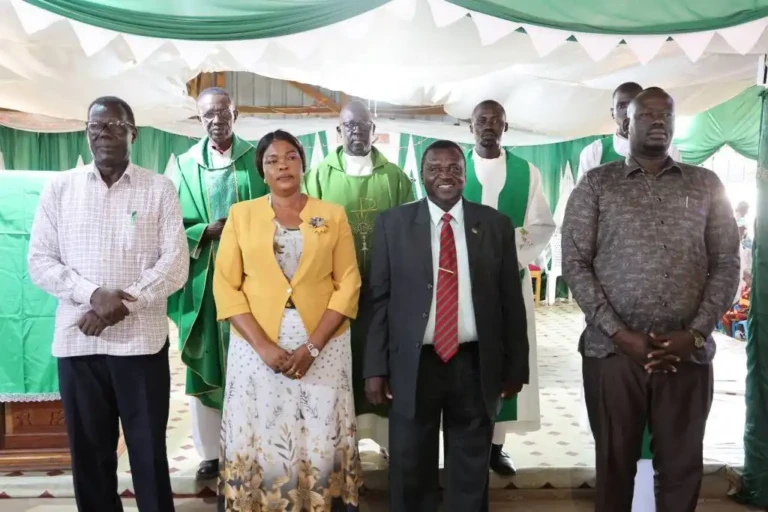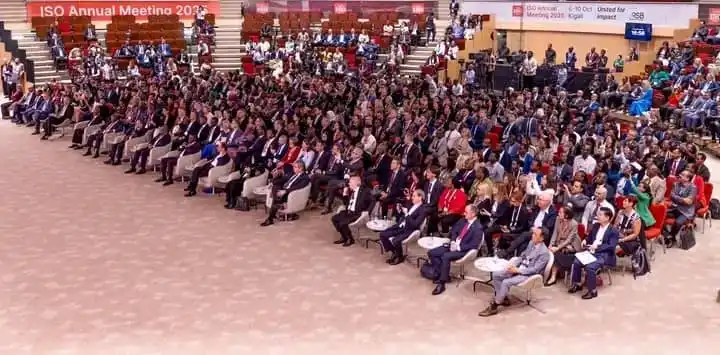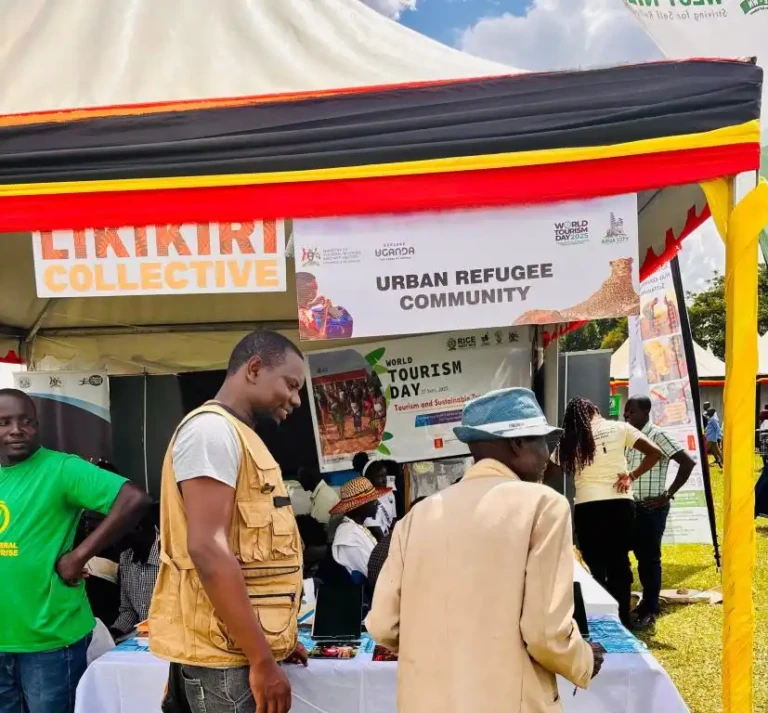
Emmanuel Khamis Richard is the former Commissioner of Lainya County and previously served as Commissioner of Kupera County during the 32 states period. He is also a former official at the Yei County High Court in the Judiciary of South Sudan.
(OPINION/Emmanuel Khamis Richard)
I welcome the recent dialogue in Kuda between Juba and Terekeka Counties, as well as the high level talks between cattle herders and farmers that brought together delegates from the six counties of Central Equatoria State and Wonduruba Administrative Payam.
These efforts build on earlier resolutions and discussions. However, I strongly urge both state and local governments to make use of legal and appropriate institutions to enforce the resolutions and recommendations through the relevant channels.
The State Ministry of Local Government and Law Enforcement, the Ministry of Animal Resources and Fisheries, the Ministry of Peace Building, the Ministry of Agriculture and Forestry, the county authorities, law enforcement agencies and customary and statutory courts must all be supported and given the means to uphold the rule of law, justice and accountability. Improving the financial and technical capacity of these institutions is essential for them to function well.
Other steps to reduce conflict between cattle keepers and farmers should include ensuring justice and accountability for past crimes. These crimes include murder, rape, looting, harassment, grazing on farmland, the killing of livestock, and other offences related to disputes between the two groups. Bringing those responsible to justice will discourage others from committing such acts and create space for reconciliation and peace.
While peace and reconciliation are important, they should not come at the expense of victims. The best way to bring victims and offenders together is through justice and accountability.
I call on the Governor of Central Equatoria State to instruct the relevant institutions to develop a clear plan to implement the resolutions and recommendations made during the various dialogues. This would help restore trust and confidence among the people. Counties should be empowered to lead the process. In the past, the creation of political committees to handle matters that should have been dealt with by specific institutions has weakened the ability of those institutions to enforce the rule of law. This has, in turn, fuelled conflict between cattle keepers and farmers. Central Equatoria State can only regain its reputation as a model if government institutions are allowed to function and manage the daily needs of the population, including service delivery.
It is also important to compile the outcomes of the various dialogues between cattle keepers and farmers into one booklet. This would serve as a reference for the institutions responsible for enforcement and implementation. The State Ministry of Peace Building and other relevant bodies should be supported to share the resolutions and recommendations with communities across the state.
Finally, despite the challenges caused by limited resources and political influence, I appeal to political leaders and other groups in Central Equatoria State to set aside their differences and work together for a better Central Equatoria and a better South Sudan, where ordinary people can enjoy peace, security, justice, accountability and the rule of law.
Disclaimer
The views expressed are those of the author and do not reflect the position of Access Radio® or its editorial staff.
Access Radio® provides space for a range of opinions and does not endorse the content of guest contributions.
Authors are responsible for the accuracy of the claims and facts in their articles.
To share your opinion, email news@radioyei.org. Submissions are subject to review at the discretion of Access Radio®.
Discover more from Access Radio Yei News
Subscribe to get the latest posts sent to your email.

